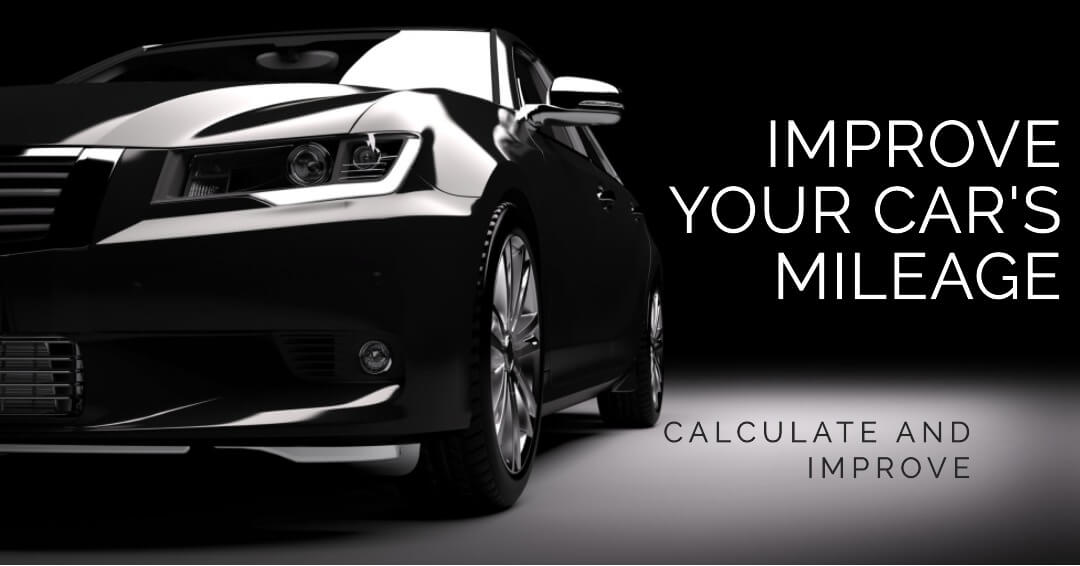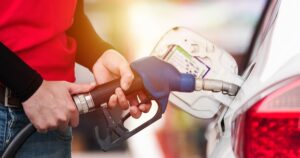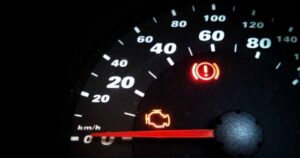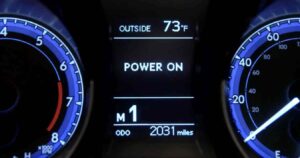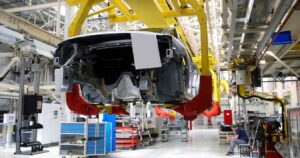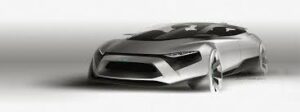Car mileage, also known as fuel efficiency, is a measure of how far a car can travel on a given amount of fuel. It is an important factor to consider when purchasing a vehicle, as well as for maintaining and optimizing its performance.
In this article, we will explore the concept of car mileage in more detail, discuss why it is important, the factors that affect it, how to calculate it, and tips for improving it.
Table of Contents
ToggleWhat is car mileage?
Car mileage is a measurement of the number of miles a car can travel on a gallon of fuel. It is typically measured in miles per gallon (MPG), which is the distance a car can travel on one gallon of fuel. For example, if a car has a fuel efficiency of 25 MPG, it can travel 25 miles on one gallon of fuel.
Why is car mileage important?
Car mileage is important for several reasons. For one, it affects the amount of money you spend on fuel. The higher the car’s fuel efficiency, the less fuel it will consume, and the less money you will have to spend on fuel. Additionally, a car’s fuel efficiency is closely tied to its environmental impact. A car that consumes less fuel produces fewer emissions, which can have a positive impact on the environment.
Factors that affect car mileage
Several factors can affect a car’s mileage, including:
Driving habits
Driving habits can significantly impact a car’s fuel efficiency. Aggressive driving, such as rapid acceleration, hard braking, and speeding, can cause a car to consume more fuel. On the other hand, driving at a steady speed and avoiding sudden stops and starts can help improve fuel efficiency.
Vehicle maintenance
Proper vehicle maintenance is crucial for maintaining good fuel efficiency. Regular oil changes, tire rotations, and air filter replacements can help keep a car running smoothly and efficiently. A poorly maintained car can consume more fuel and have a shorter lifespan.
Terrain and weather
The terrain and weather can also affect a car’s fuel efficiency. For example, driving uphill or on rough terrain can cause a car to consume more fuel. Similarly, driving in extreme temperatures, such as very hot or very cold weather, can also impact fuel efficiency.
Vehicle weight and size
The weight and size of a car can also affect its fuel efficiency. Larger and heavier vehicles typically consume more fuel than smaller and lighter ones. Additionally, carrying heavy cargo or a lot of passengers can also cause a car to consume more fuel.
How to calculate car mileage
Calculating car mileage is a relatively simple process. To calculate your car’s fuel efficiency, follow these steps:
- Fill your car’s fuel tank completely.
- Record the odometer reading or reset your trip odometer to zero.
- Drive your car normally until the fuel tank is almost empty.
- Refill your car’s fuel tank completely.
- Record the number of gallons of fuel you used.
- Record the odometer reading or trip odometer reading again.
To calculate your car’s fuel efficiency, divide the number of miles you traveled by the number of gallons of fuel you used.
For example, if you traveled 300 miles and used 12 gallons of fuel, your car’s fuel efficiency is 25 MPG (300/12).
Online calculators and apps
If you prefer a more convenient way to calculate your car’s fuel efficiency, there are several online calculators and mobile apps that can help. Some of the most popular ones include Fuelly, GasBuddy, and MPG Calculator.
These tools allow you to enter your car’s make, model, and year, as well as your odometer reading and the amount of fuel you added to your tank, and they will calculate your car’s fuel efficiency for you. Some of these tools also allow you to track your fuel consumption over time, which can help you identify trends and make adjustments to your driving habits or vehicle maintenance routine as needed.
Tips for improving car mileage
If you’re looking to improve your car’s fuel efficiency, here are some tips to consider:
Drive conservatively
As mentioned earlier, aggressive driving habits can cause your car to consume more fuel. To improve your car’s fuel efficiency, try to drive more conservatively. This means avoiding rapid acceleration, hard braking, and excessive speeding.
Keep your tires properly inflated
Underinflated tires can cause your car to consume more fuel. Make sure to check your tire pressure regularly and keep your tires properly inflated. You can find the recommended tire pressure for your car in the owner’s manual or on a sticker located on the driver’s side door jamb.
Remove unnecessary weight
Carrying excess weight in your car can also cause it to consume more fuel. Remove any unnecessary items from your car, such as heavy luggage or tools. Also, avoid carrying items on the roof of your car, as this can increase wind resistance and reduce your car’s fuel efficiency.
Maintain your vehicle regularly
Regular vehicle maintenance is crucial for maintaining good fuel efficiency. Make sure to follow the recommended maintenance schedule for your car, including regular oil changes, tire rotations, and air filter replacements.
Use cruise control on the highway
Driving at a steady speed can help improve your car’s fuel efficiency. Consider using cruise control when driving on the highway to help maintain a consistent speed.
Understanding the difference between city and highway mileage
When researching a car’s fuel efficiency, you may come across two different measurements: city and highway mileage. City mileage refers to the fuel efficiency of a car when driving in stop-and-go traffic, while highway mileage refers to the fuel efficiency of a car when driving on the highway at a steady speed.
In general, a car’s highway mileage is typically higher than its city mileage. This is because driving at a steady speed on the highway is more fuel-efficient than driving in stop-and-go traffic. However, it’s important to note that your car’s actual fuel efficiency may vary depending on your driving habits and the conditions you’re driving in.
Comparing car mileage between different vehicles
When shopping for a car, comparing the fuel efficiency of different models can help you make an informed decision. The Environmental Protection Agency (EPA) provides fuel economy ratings for most new cars sold in the United States. These ratings are based on standardized tests that simulate city and highway driving conditions.
Keep in mind that these ratings are intended to provide a rough estimate of a car’s fuel efficiency and may not reflect your actual driving conditions. Factors such as driving habits, vehicle maintenance, and weather can all affect your car’s actual fuel efficiency.
Conclusion and final thoughts
In conclusion, car mileage is an important factor to consider when purchasing, maintaining, and optimizing your vehicle’s performance. Factors such as driving habits, vehicle maintenance, terrain and weather, and vehicle weight and size can all affect your car’s fuel efficiency.
To calculate your car’s fuel efficiency, you can use a simple formula or online calculators and mobile apps. Improving your car’s fuel efficiency can be achieved through driving conservatively, keeping your tires properly inflated, removing unnecessary weight, maintaining your vehicle regularly, and using cruise control on the highway.
When comparing car mileage between different vehicles, keep in mind that EPA fuel economy ratings are intended to provide a rough estimate and may not reflect your actual driving conditions. As always, make sure to do your research and test drive different models before making a purchase decision.


